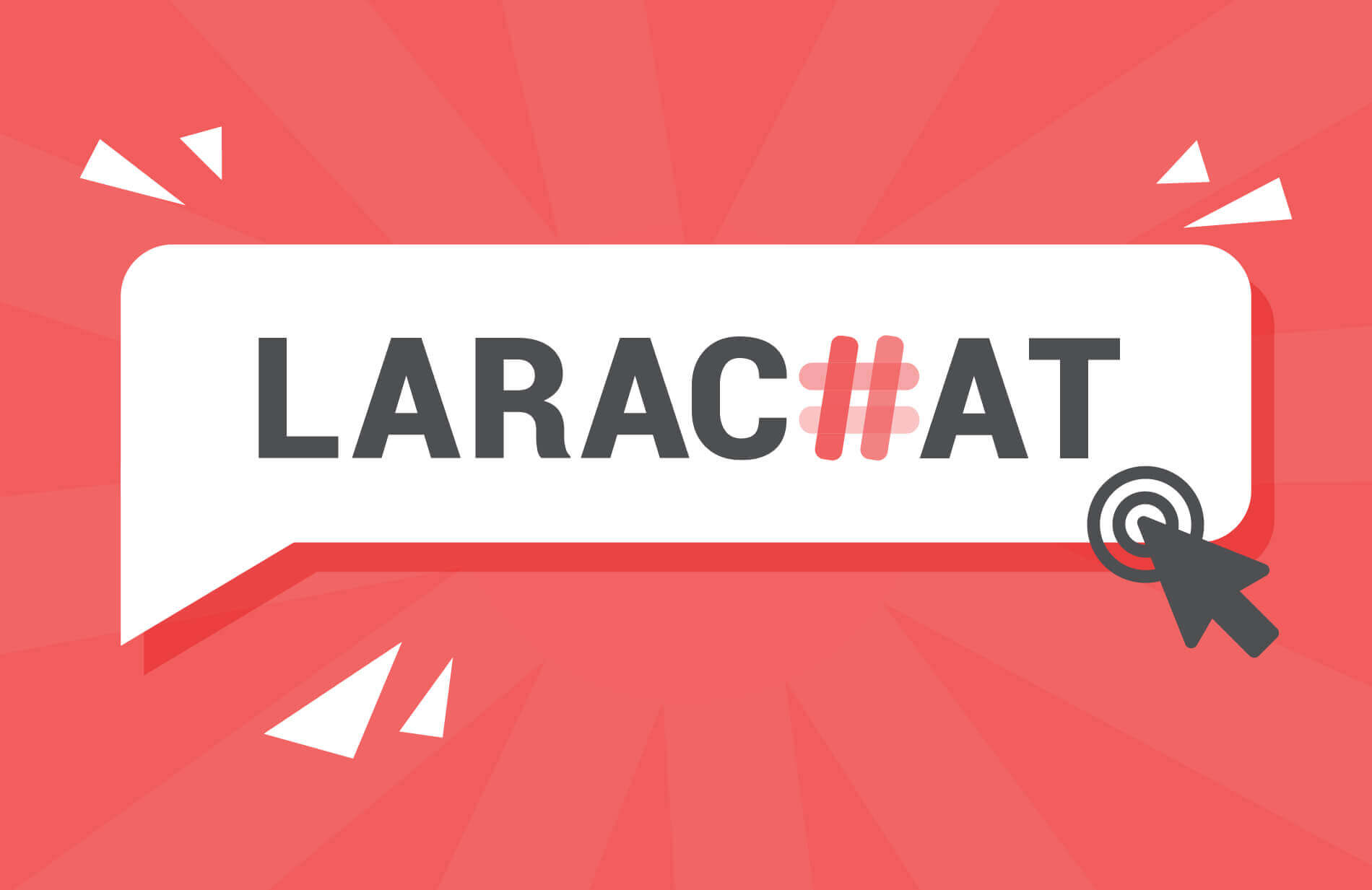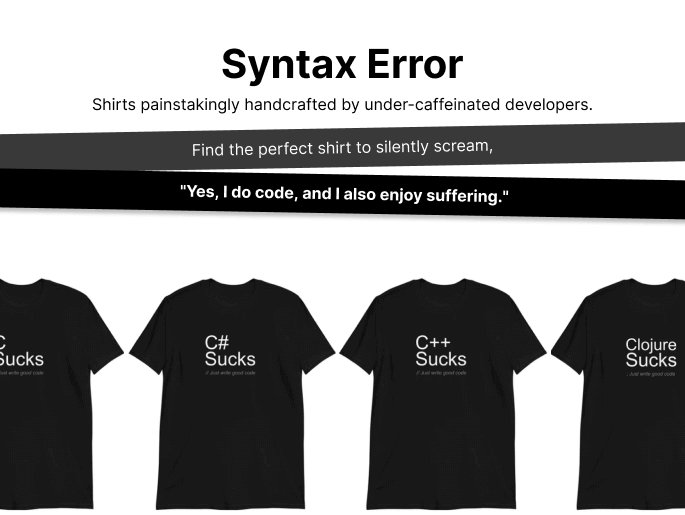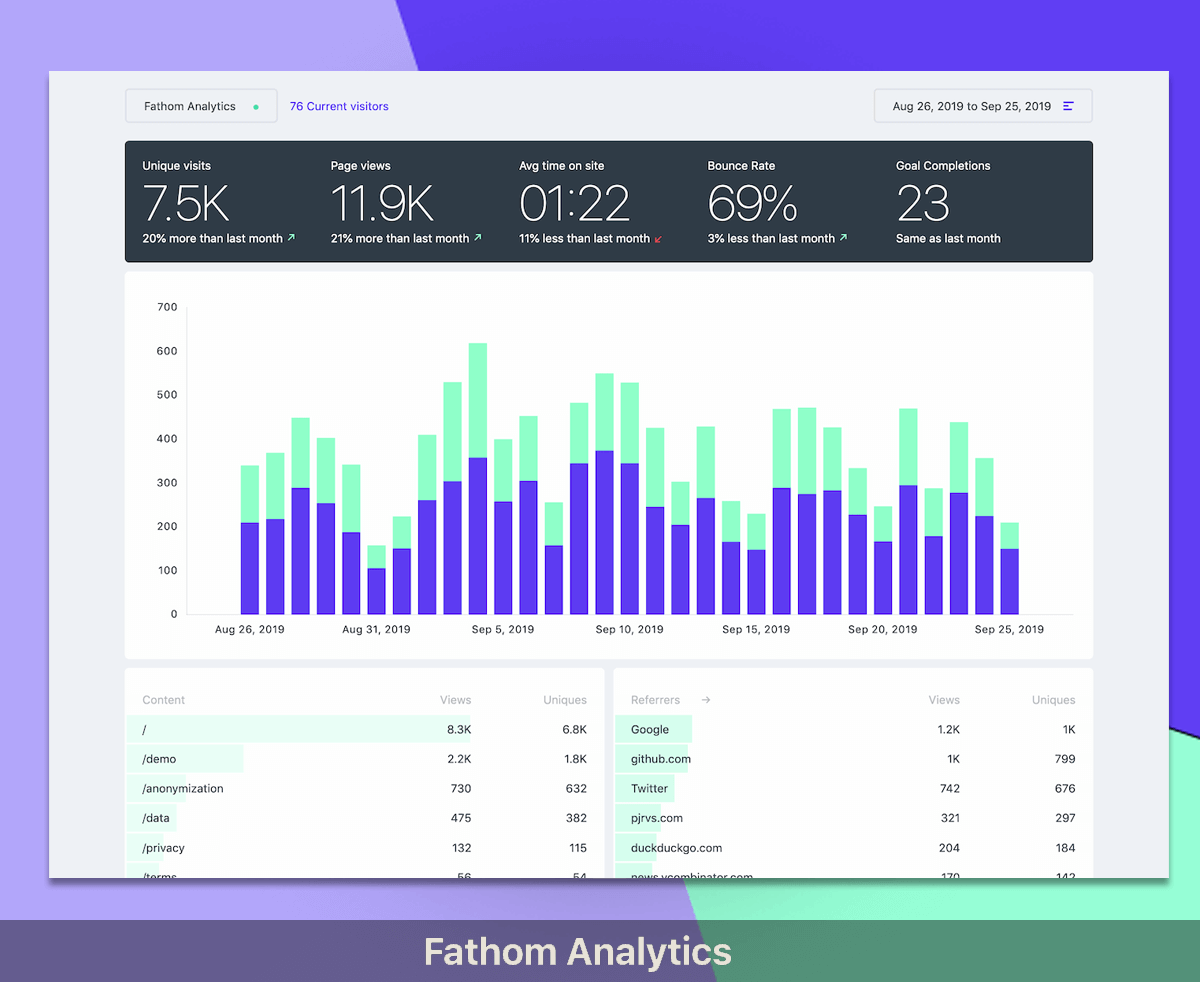Get the latest Laravel/PHP jobs, events and curated articles straight to your inbox, once a week
Source: juststeveking.uk
Testing JSON:API Endpoints with PestPHP
JSON:API provides many options for filtering, sorting, and including extra data into the requested data using query parameters. Let’s take an example of an endpoint where we want to get a list of Projects, which has the following data model: Project: attributes: id: string name: string description: text status: string (Enum: planning, in-progress, in-testing, done) active: boolean relationships: owner: BelongsTo (User) client: BelongsTo (Client)
{ return QueryBuilder::for( subject: $builder, )->allowedIncludes( includes: ['owner', 'client'], )->allowedFilters( filters: ['status', 'active'], )->where( 'user_id', $user, )->getEloquentBuilder(); }}
it('can fetch the projects client', function (): void { actingAs(User::factory()->create())->getJson( uri: action(IndexController::class, [ 'include' => 'client', ]), )->assertStatus( status: Http::OK->value, )->assertJson(fn (AssertableJson $json) => $json ->first(fn (AssertableJson $json) => $json ->has('relationships.client') ->etc()
This is a simple guide to test JSON:API endpoints in Laravel using pestPHP.
{ return QueryBuilder::for( subject: $builder, )->allowedIncludes( includes: ['owner', 'client'], )->allowedFilters( filters: ['status', 'active'], )->where( 'user_id', $user, )->getEloquentBuilder(); }}
it('can fetch the projects client', function (): void { actingAs(User::factory()->create())->getJson( uri: action(IndexController::class, [ 'include' => 'client', ]), )->assertStatus( status: Http::OK->value, )->assertJson(fn (AssertableJson $json) => $json ->first(fn (AssertableJson $json) => $json ->has('relationships.client') ->etc()
This is a simple guide to test JSON:API endpoints in Laravel using pestPHP.
Newsletter

Glimpse
Glimpse streamlines Laravel development by seamlessly deploying GitHub pull requests to preview environments with the help of Laravel Forge.
Laravel/PHP Careers





